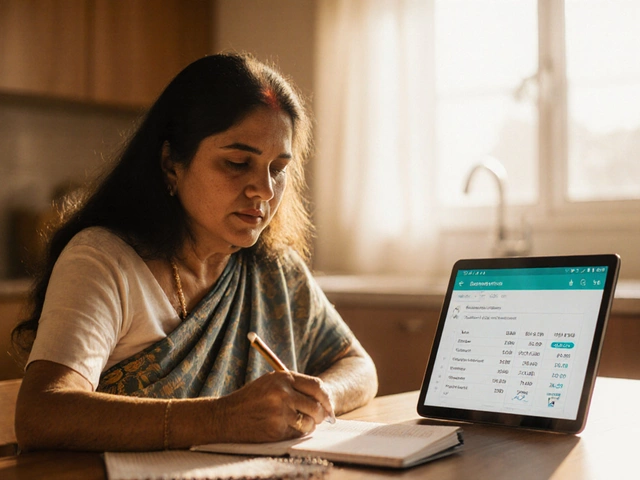Childhood ADHD: Simple Facts, Real Help, and What You Can Do Today
ADHD in kids can feel like a whirlwind – restless energy, trouble focusing, and sudden mood swings. It’s not just bad behavior; it’s a brain difference that needs the right support. On this page you’ll find plain‑language explanations, quick action steps, and links to the most recent articles we’ve written on the subject.
Spotting the Signs Early
Most parents notice something off when their child can’t sit still during dinner, forgets homework, or jumps from one activity to another. Common signs include:
- Inattention: missing details, losing things, seeming ‘spacey’.
- Hyperactivity: constant fidgeting, running or climbing in inappropriate places.
- Impulsivity: blurting out answers, interrupting conversations, acting without thinking.
If these behaviors appear in several settings – school, home, playground – it’s worth talking to a pediatrician. Early detection means you can start tools that make school and home life smoother.
Practical Ways to Help Your Child
You don’t need a magic cure, just a toolbox of strategies that work in everyday life. Try these simple steps:
- Structure the day. Use a visual schedule with pictures or colors so the child knows what comes next.
- Break tasks into tiny chunks. A 20‑minute reading assignment becomes three 5‑minute pieces with short breaks.
- Positive reinforcement. Celebrate wins – even tiny ones – with praise or a sticker chart.
- Movement breaks. Let the kid get up and stretch every 15‑20 minutes to burn excess energy.
- Limit distractions. Keep the study area free from screens, loud music, or clutter.
Every child is different, so tweak these ideas until they feel right. Consistency is the secret sauce; the brain learns what to expect and adjusts.
Medical options are also available. Stimulant medicines such as methylphenidate can improve focus for many kids, but they’re not the only route. Non‑stimulant drugs, behavioral therapy, and diet tweaks are worth discussing with a doctor. Remember, medication works best when combined with the practical habits above.
Our tag page pulls together recent posts that dive deeper into each of these topics. Want to know how diet affects ADHD? Check out the article on “Best Herbal Supplements” for safe choices. Curious about school accommodations? Look for the piece on “Complimentary Health Check‑Up” – it explains how to get assessments that schools can use.
Living with childhood ADHD doesn’t have to be a guessing game. With clear signs, structured routines, and the right professional guidance, you can turn chaos into confidence. Bookmark this page, explore the linked articles, and start small changes today – your child’s brighter, steadier future is just a few steps away.





